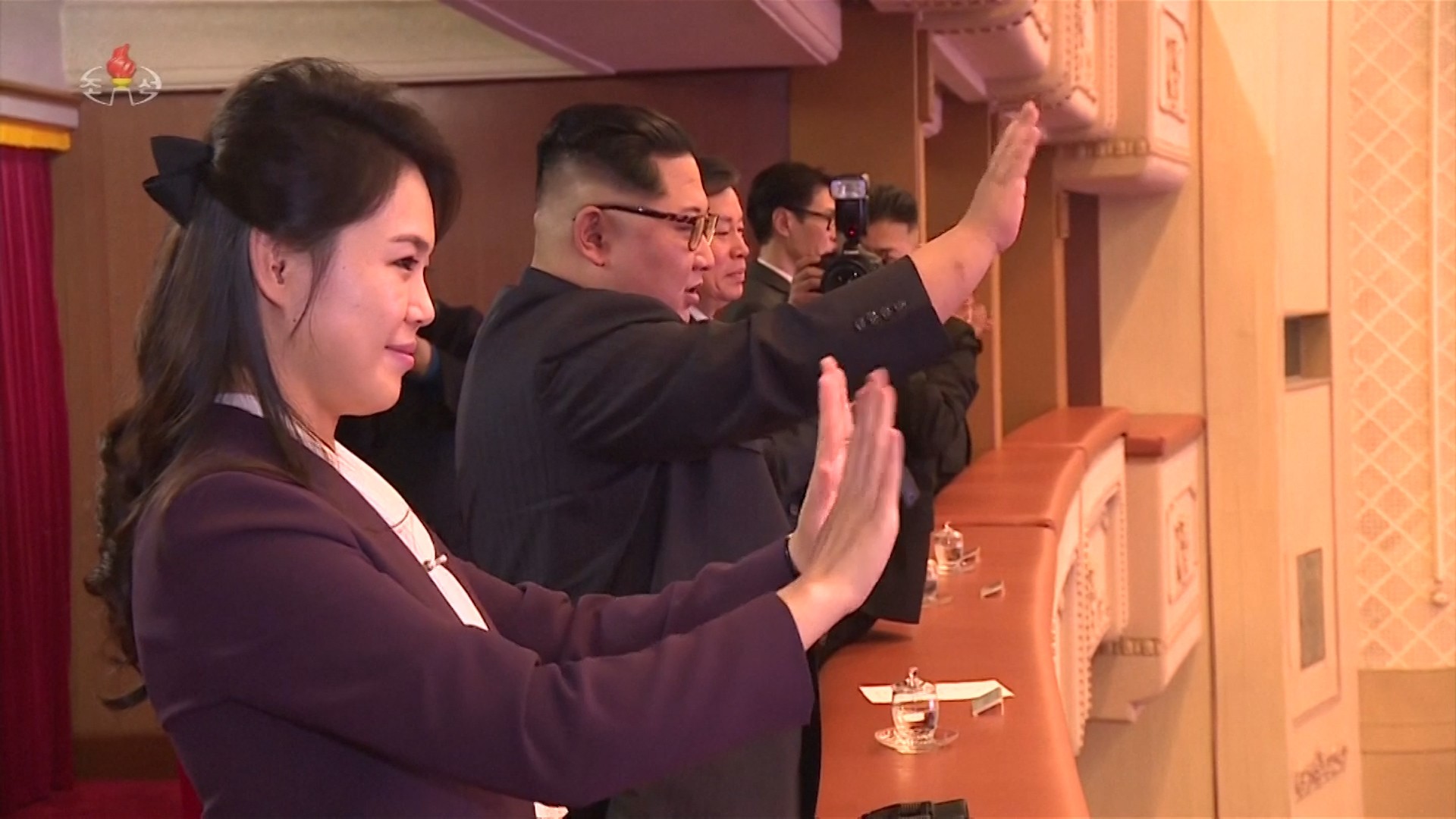Alex Jones in 2013. Photo by Oli Scarff/Getty
Within hours of the mass shooting at Parkland’s Stoneman Douglas High School, online trolls seized on the tragedy and waves of misinformation poured out of anonymous threads on 4chan and fake news sites. Naturally, some of these false narratives claimed the shooter was a Muslim, a DACA recipient, or a communist.One photo that made the rounds on 4chan was of 24-year-old Massachusetts resident Marcel Fontaine. In the photo, which according to Snopes was pulled from an old 4chan thread making fun of liberals and communists, Fontaine is wearing a “Communist Party” T-shirt that features several communist leaders dancing and drinking (get it?). A fake “Laguna Beach Antifa” Twitter account referred to the shirt as an “Antifa shirt” in a tweet that was shared more than 3,000 times before the account was suspended.But the photo's popularity was also helped out by Infowars writer Kit Daniels. In an article originally titled “Reported Florida Shooter Dressed as Communist, Supported ISIS,” Daniels included the photo of Fontaine and described the picture as being sourced from a “Japanese cartoon image board.” Although the article was later updated by InfoWars to remove the photo, the original version was reposted verbatim by other, even less reputable right-wing blogs and news sites, which still feature Fontaine.But Fontaine is now suing InfoWars, its publisher Alex Jones, and Daniels for defamation, seeking damages in excess of $1 million. Although Fontaine declined a direct interview, I spoke with his attorney, Mark Bankston, who told me that more than a month after the shooting, even after the photo has been repeatedly debunked, Fontaine continues to be harassed and threatened by an InfoWars audience that has been taught to disregard all mainstream sources of information as “fake news.”

Not only is the 24-year-old still regularly receiving a large volume of harassing messages, but he has also been the subject of conspiracy theories about the Parkland shooting being a false flag attack, and some have even accused him of being a second shooter. Bankston added that Fontaine is terrified of being caught up in a similar situation to the Comet Ping-Pong pizzeria case, where a deranged man fired a gun after Jones and InfoWars promoted the “Pizzagate” pedophile ring conspiracy theory. (Jones later apologized for his role in spreading the misinformation.)Neither Jones nor InfoWars responded to my request for comment.Fontaine's lawyer also noted that the attention from InfoWars labeling him as a “communist” has led to public death threats, with one Twitter user writing in reference to Fontaine that “the only good red is a dead red.”In a petition filed Monday, Fontaine’s lawyers argue that this form of malicious defamation is a regular occurrence at InfoWars, which has a habit of reporting defamatory conspiracy theories. The petition cites comments by Jones about not only Comet Ping Pong but also the Sandy Hook massacre, the Las Vegas mass shooting, and yogurt maker Chobani—which Jones said was “importing migrant rapists,” a comment he later apologized for after the company sued.According to Fontaine’s lawyer, this case falls into a slightly different category of defamation. “There are two different standards of defamation depending on whether the person who has been defamed can be reasonably defined as a public figure, or even a limited purpose public figure,” he told me.This distinction stems from a 1964 court case, New York Times Co. v. Sullivan, where it was ruled that in order for published information about a public figure to be considered libelous or defamatory, it must be made with “'actual malice'—that is, with knowledge that it was false or with reckless disregard of whether it was false or not,” according to the 1964 decision. And proving malice is more difficult than proving simply that something isn’t true.But Fontaine is not a public figure by any stretch of the imagination, therefore the recklessness with which his client’s photograph was used is a clear case of defamation, his lawyer argues.Whatever the outcome of the case, it's by now obvious that the internet allows conspiracies and other misinformation to spread much more quickly than they used to. And many of the parties responsible for falsehoods are anonymous Twitter and 4chan users, who aren’t as easy to sue as a site like Infowars. Jones can apologize for the blatant untruths InfoWars has published, but that doesn’t mean readers stop believing in them. Fontaine might win the lawsuit or at least settle with Jones, as Chobani did last year. But will that stop similar claims from circulating next time there’s a mass shooting?Sign up for our newsletter to get the best of VICE delivered to your inbox daily.Follow Jules Suzdaltsev on Twitter.
Advertisement

Not only is the 24-year-old still regularly receiving a large volume of harassing messages, but he has also been the subject of conspiracy theories about the Parkland shooting being a false flag attack, and some have even accused him of being a second shooter. Bankston added that Fontaine is terrified of being caught up in a similar situation to the Comet Ping-Pong pizzeria case, where a deranged man fired a gun after Jones and InfoWars promoted the “Pizzagate” pedophile ring conspiracy theory. (Jones later apologized for his role in spreading the misinformation.)
Advertisement